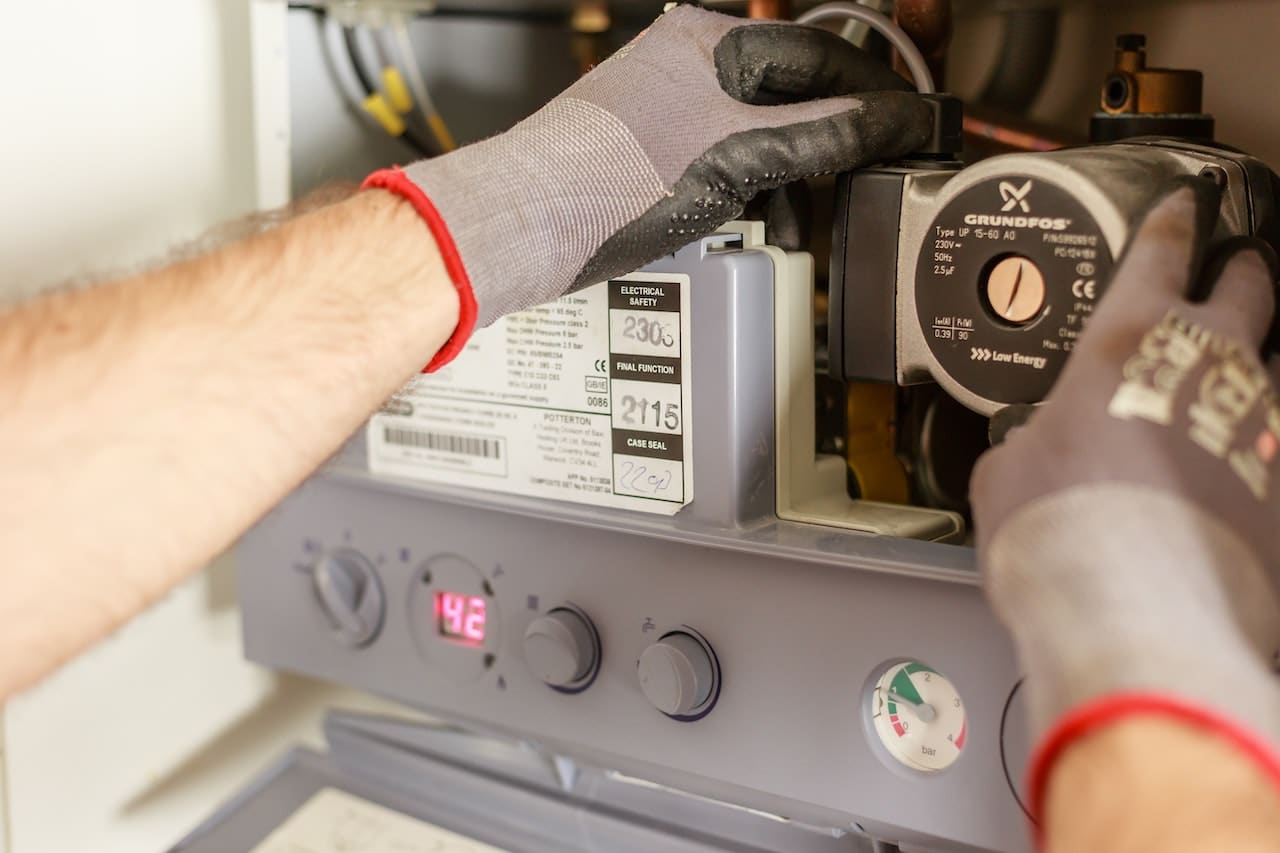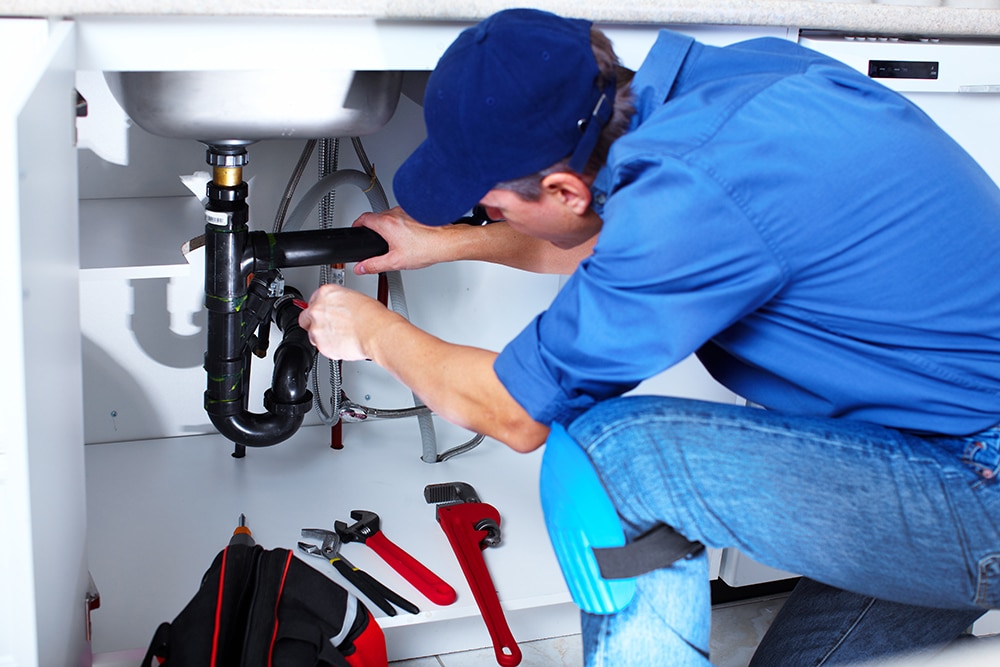What are the common causes of hot water running out? Often, it’s because you’re using more water than you’re able to heat. You may find that you’ve been running out of hot water for 5-10 minutes. In addition, your hot water heater may be malfunctioning. Read on to discover how to diagnose the problem. Listed below are several possible causes:
Problems with the dip tube
If you are having problems getting enough hot water, there is a good chance you’re experiencing problems with the dip tube. The dip tube is a plastic pipe that extends from the cold water inlet into the water heater tank and lets out near the bottom. This pipe directs incoming cold water to the bottom of the tank, where it is heated by the burner or primary electric heating element. If the dip tube breaks, however, the water doesn’t reach the bottom of the tank and will turn colder than normal.
To diagnose the problem, locate the dip tube. This plastic pipe is threaded on both ends. If it breaks, there are a few things to look for. If the tube is plastic, it is likely to melt under high water temperatures. If you notice plastic flecks in the hot water tank, it’s likely the dip tube has broken. Locate the dip tube by looking for a short piece of pipe that has two threads and is threaded. Unscrew the pipe with a flat screwdriver.
Sediment build-up in the cylinder
One of the top priorities for homeowners is ensuring that their appliances last a long time. Water heaters are no exception to this rule. They’re expensive investments that keep our homes running smoothly. However, if you’re using hard water, your unit could be at risk of developing sediment build-up. To avoid this problem, take steps to prevent sediment build-up in your water heater.
To clean sediment build-up, remove any rust that has built up in the tank. Sediment can collect at the bottom of your water heater and block the drain valve. Alternatively, you can remove sediments using a vacuum. If you don’t have a vacuum, use a hose attached to a gluing adapter and attach it to a 3/4-inch pipe. After cleaning the sediments, you can rinse the water heater with clean water to avoid recurrence of the problem. If this doesn’t work, you can hire a plumber to do the job for you.
High water pressure
High water pressure in your home is an indication of a number of problems. It can cause expensive water bills and can damage appliances. It can also void your appliances’ warranties. If you don’t know why your water pressure is so high, it’s best to have a plumber inspect your system. Here are four signs that you may be experiencing high water pressure in your home:
Your faucets. The first sign you should check is whether your faucet is leaking. High water pressure can damage faucets, especially those with small parts. It can also lead to leaks if another fixture is being used. Excess water spraying or spitting are other signs of high pressure. You may also notice that your water heater is leaking. High water pressure can also cause appliances to wear out prematurely and need replacement.
Insulating pipes
There are many ways to insulate pipes when running out of hot water, including using black neoprene foam, which is inexpensive and easy to install. You can purchase sleeves for pipes of varying diameters and cut them to fit the pipe. You can also use zip ties or acrylic tape to secure the sleeves to the pipes. For an extra-thick layer, you can cover the entire pipe with several pieces of foam insulation.
The best way to insulate your pipes when you run out of hot water is to wrap them with insulation, as this will keep them from sweating due to excess moisture condensation. Insulating cold water pipes is an important aspect of thermal efficiency and should not be overlooked. Excess condensation in pipes results in energy loss, higher operating costs, and poor indoor air quality (IAQ).
Checking if the circuit breaker hasn’t tripped
If you run out of hot water and can’t find the source, it’s likely the circuit breaker is tripped. If so, call an electrician or get emergency services to help you restore power. If the breaker smells like it’s burning, turn it off immediately. A tripped circuit breaker is not necessarily a fire hazard, though. It can fail without tripping, either, so call 911 or an electrician to inspect it. If it’s not tripped, simply flip the breaker handle back to its off position. Alternatively, if you don’t notice any of these problems, you can check the breaker’s instructions for your specific breakers.
If the circuit breaker has tripped frequently, it’s likely due to overload or too many devices operating on the same circuit. A high-amp device may trip the breaker. A short circuit, electrical short, or ground fault will cause a circuit breaker to trip. Luckily, most circuit breakers can be repaired easily. A digital multimeter will measure the voltage and current flowing through the circuit.


